A Woman's Ally: Examining Cannabis and Women's Health
Unpacking the Role of Cannabis and Women’s Health
Women and those who have a uterus will agree that the overall reproductive system is complicated and can present issues for one’s health in various ways.
Cannabis has been used as a support for women’s health issues for centuries. In the cannabis industry’s lore, people love acknowledging that Queen Victoria was prescribed cannabis to treat her severe menstrual cramps by her physician William O’Shaughnessy, who wrote about it in 1840 before cannabis was prohibited.
How does cannabis affect the female reproductive health? Does it play a role in regulating menstruation, fertility, or in the treatment of conditions within the reproductive system? At Compassionate Clinics of America, we want to equip those with a uterus with information that helps them understand the connection between cannabis and reproductive, physical, and mental health when considering a medical cannabis card.
Please note that for the purposes of this article, at times we may use “women”, “woman”, or “female” to describe reproductive health issues and health concerns that can arise within the female reproductive system, with the acknowledgment and respect that not all with a uterus are female-identifying.
The Endocannabinoid System (ECS) and the Female Reproductive System
We have shown in our past articles how important the understanding of the endocannabinoid system (ECS) is for the link between cannabis and health.
As we’ve described before, the ECS exists in the bodies of all mammals, and acts as a regulator of all bodily systems, including, but not limited to those that regulate sleep, mood, appetite, memory, and reproduction, working to bring the body into balance or homeostasis. As cannabis researcher Dr. Ethan Russo describes it, the ECS acts as “a key mediator of physiological homeostasis, thus ensuring that various bodily systems function within tight parameters with neither a deficiency nor excess of activity”.
The ECS is made of both CB1 and CB2 receptors, placed throughout the body to “receive” cannabinoids as they’re administered through cannabis medicine.
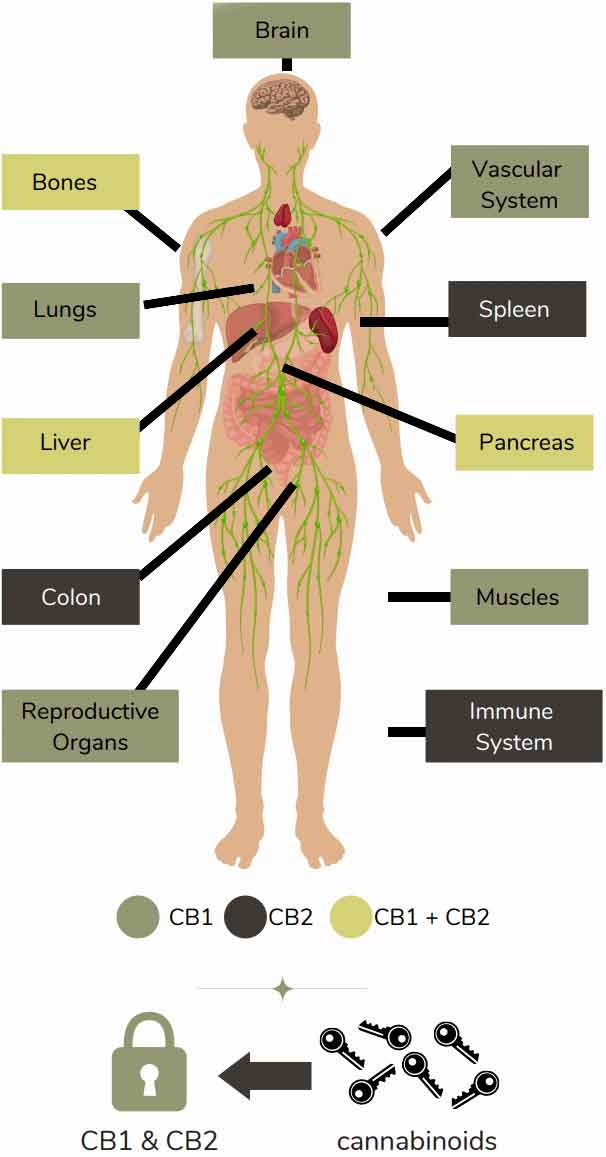
Studies into the ECS have shown that there is the presence of CB1 receptors in the brain as well as in peripheral organs like the heart, spleen, and endocrine glands as well as in parts of the male and female reproductive systems and the urinary tract, including the ovaries, uterus, and placenta.
With this discovery, more research is beginning to emerge about how cannabinoids may affect reproductive health or the symptoms of many diseases and conditions affecting those with a uterus.
The Connection Between Cannabis and Women’s Health
For those with a uterus, various complications can arise in comparison to those without, with common conditions and diseases showing up within the uterus or other reproductive organs.
Such conditions include endometriosis, Premenstrual syndrome (PMS), dysmenorrhea (painful cramping), and Polycystic ovary syndrome (PCOS).
Many women and those with a uterus are also embracing medical marijuana as a way to advance sexual and reproductive health, manage the symptoms of menopause, or even using CBD as one means to increase fertility.
Cannabis and Endometriosis
Endometriosis affects approximately 1 in 10 with a female reproductive system, but this number is likely low as it’s one of the most underdiagnosed women’s health conditions.
Endometriosis is an often painful disorder in which tissue similar to the tissue that normally lines the inside of the uterus — the endometrium — grows outside the uterus. Endometriosis can cause mild to severe pain, especially during menstrual periods, and there is a link between the condition and difficulties with fertility.
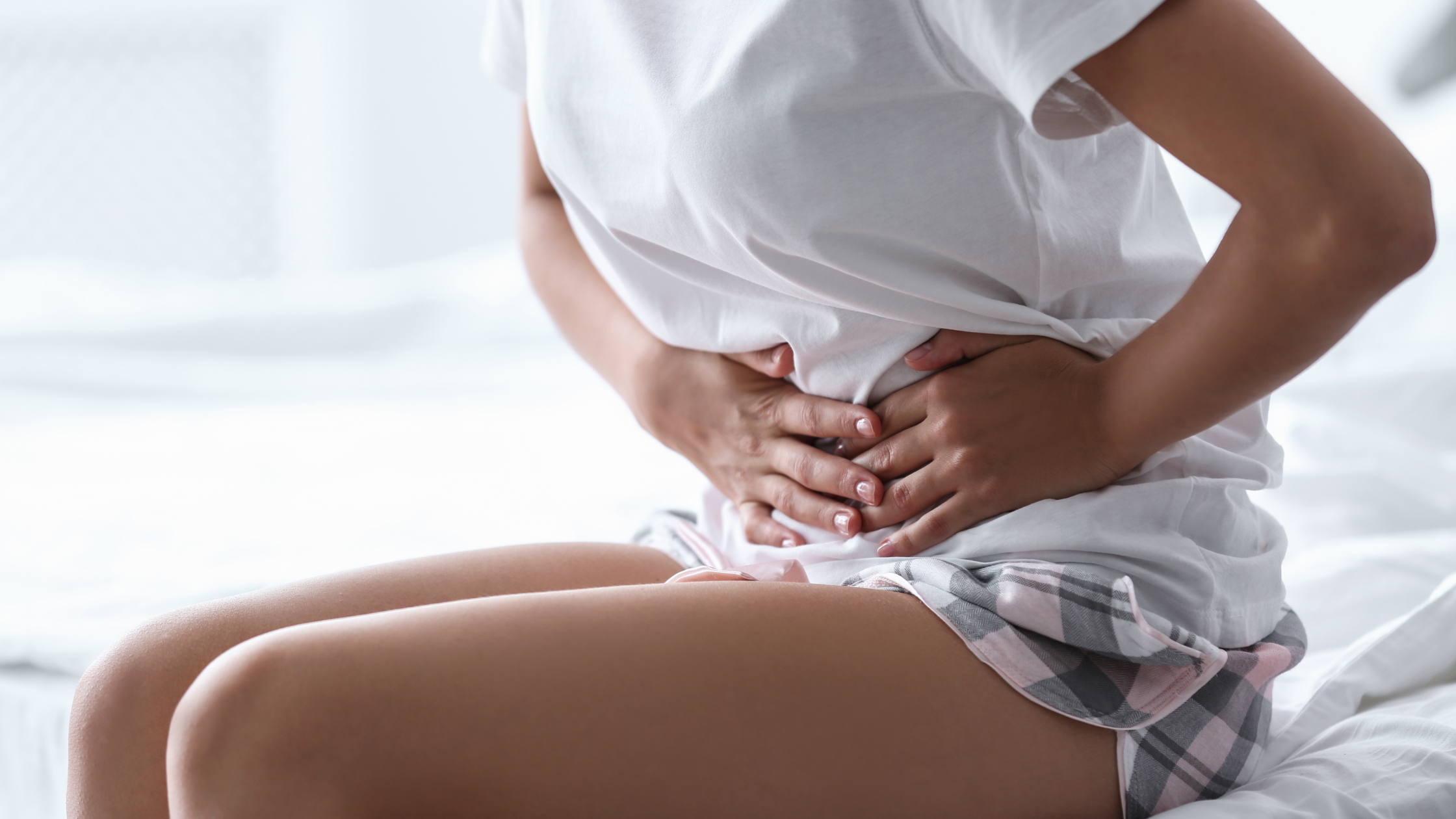
A 2019 study surveyed 137 endometriosis patients about their experience with cannabis for the management of endometriosis symptoms and pelvic pain symptoms. Not only was it found that over three-quarters of women surveyed were cannabis users and consume cannabis for endometriosis pain, but they also self-reported it to be very to extremely effective in pain management.
In the same year, 484 Australian women with endometriosis were surveyed, with the study also finding that cannabinoids were widely used for pain, and both cannabis and hemp/CBD oil were the most highly rated in terms of self-reported effectiveness.
Cannabis and Premenstrual Syndrome (PMS)
Premenstrual Syndrome, or PMS is something that can’t be denied once someone’s monthly visitor is due to arrive. Cannabis can help in numerous ways to take the edge off the symptoms that occur with PMS. It’s estimated that 3 in 4 of those who menstruate report symptoms of PMS.
Millions are turning to cannabis before prescriptions or over-the-counter remedies to help relieve PMS.
Studies and clinical trials are examining how cannabis can be used for various PMS symptoms, including relieving breast pain through cannabis’ anti-inflammatory effects, eliminating the headaches that accompany one’s period, and helping to promote mood stabilization with the right balance of cannabinoids and terpenes.
Cannabis and Dysmenorrhea
Dysmenorrhea is the medical term for painful menstrual periods which are caused by uterine contractions, more commonly known as menstrual cramps.
Primary dysmenorrhea is used to describe recurrent menstrual pain, while secondary dysmenorrhea describes pain that stems from reproductive system disorders.
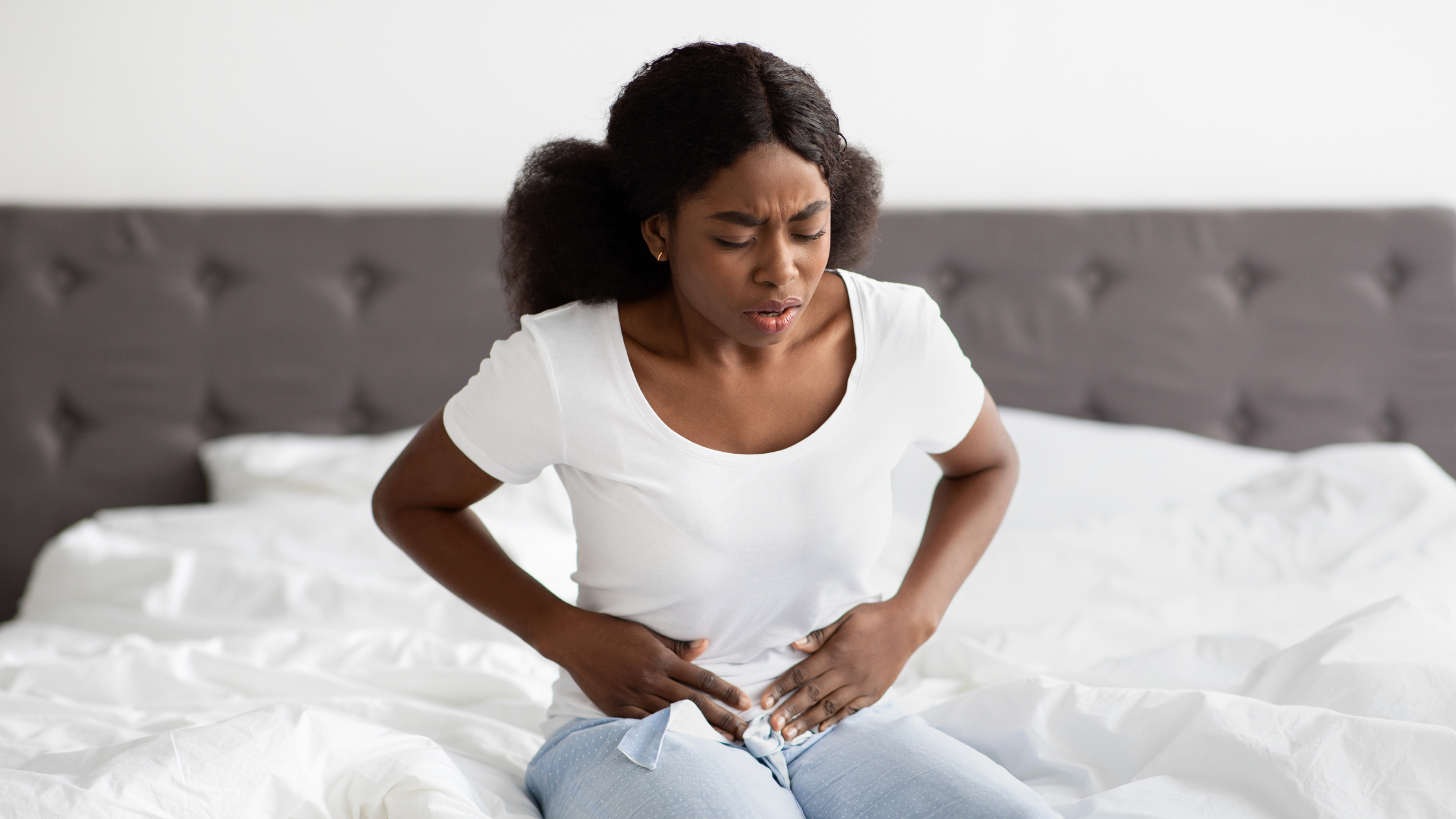
There is still further research that needs to be done on the link between cannabis and dysmenorrhea or painful cramps, but with the rise in popularity of CBD specifically, there is optimism about how cannabinoids affect cramps.
Dr. Julie Holland, a psychopharmacology specialist proposes that CBD can help with increased feelings of anxiety around the period and THC can help with mood swings, irritability, and low resilience (your ability to handle stress). Both THC and CBD can help relax the uterine muscle where cramps occur, and alleviate many PMS symptoms.
Cannabinoids and PCOS
Polycystic ovary syndrome (PCOS) is a complicated reproductive health disorder involving infrequent, irregular, or prolonged menstrual periods, and often excess male hormone (androgen) levels due to the follicles within the ovaries failing to release eggs causing a hormone imbalance.
Although this is an under-researched condition as it pertains to cannabinoid medicine and research, it has been stated that conditions like PCOS may be due to a deregulation or imbalance of cannabinoids or a deficiency of endocannabinoids.

“Endocannabinoid deficiency” was a term coined by the aforementioned Dr. Ethan Russo and is now being linked to more conditions. Those with endocannabinoid deficiency do not have enough endogenous cannabinoids within their body, thus, leading many of their systems to experience imbalance.
Cannabis medicine is a way to treat endocannabinoid deficiency, and more research is being developed examining how cannabinoids, the endocannabinoid system, and women’s reproductive health issues are connected.
Cannabis and Fertility
Interestingly, cannabinoid receptors have been found in sperm and the female reproductive tract, and is thus believed to boost ovarian function.
While research again is very limited on this, some with fertility issues are turning to CBD as a natural way to boost fertility with minimal negative side effects.
Cannabis Use in Pregnancy & Prenatal Cannabis Exposure
Using cannabis during pregnancy is a controversial issue, and it is important you speak to one of your health care providers if you are pregnant and engage in chronic cannabis use or are using medical cannabis for medical purposes. Please feel free to reach out to Compassionate Clinics of America to discuss maternal marijuana use.
It has been shown that in places that have legalized marijuana as a recreational drug, prenatal marijuana use among those who are pregnant has significantly increased.
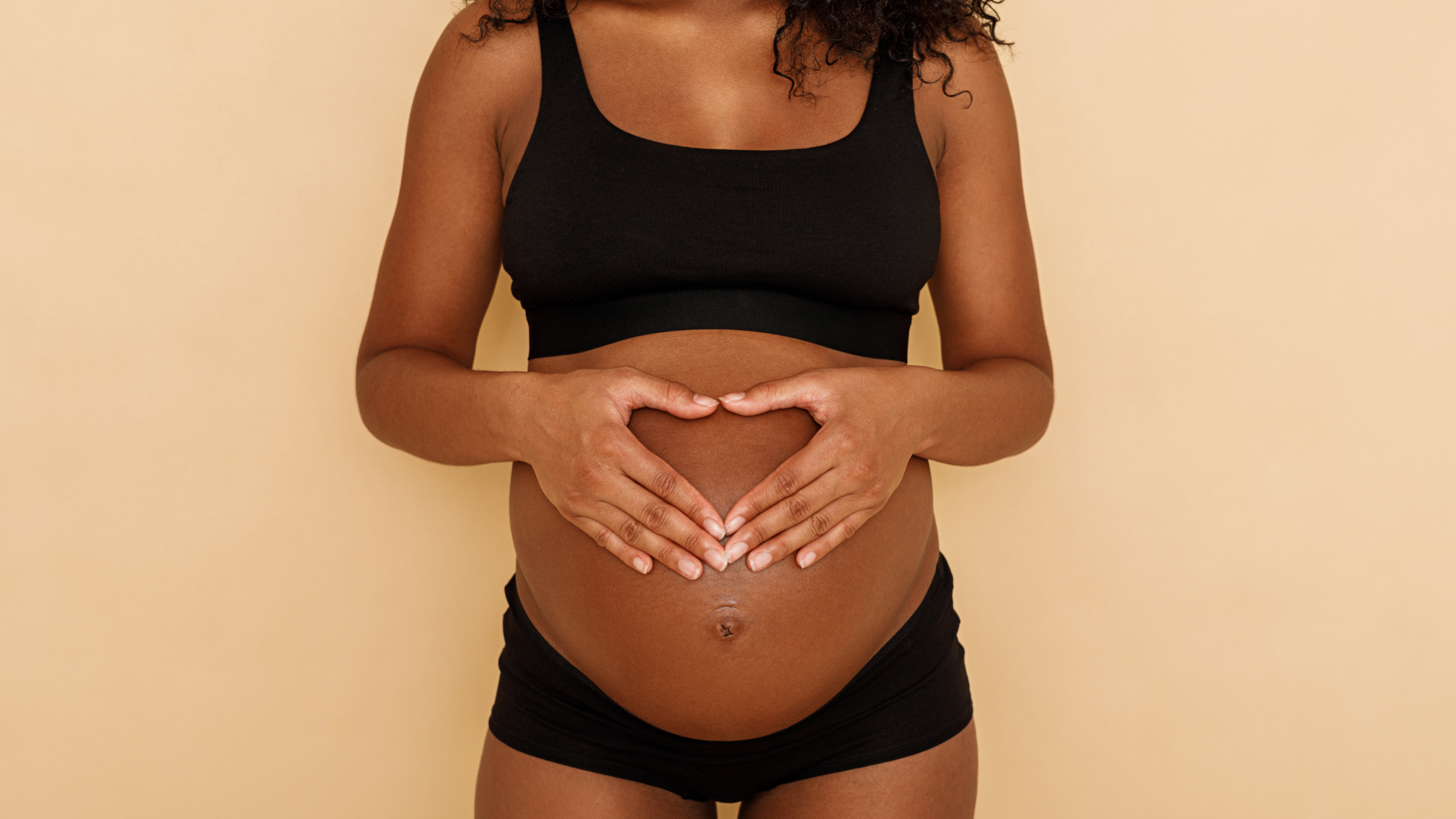
Some evidence suggests that maternal cannabis use can lead to adverse neonatal outcomes, such as stillbirth, giving birth prematurely, having babies with low birth weight, and other issues related to the fetal growth trajectories of the baby as well as other child health outcomes.
A systematic review from 2016, which looked at data on pregnancy outcomes and intrauterine cannabis exposure from many different studies, found that pregnant women who engaged in chronic marijuana use had a higher chance of becoming anemic. Their babies were also more likely to be born with lower birth weights and had a greater need for care in the NICU due to prenatal exposure to cannabis.
Smoking Cannabis in Menopause
Menopausal symptoms usually occurs 12 months after the last period, usually later in life. It is characterized by many uncomfortable symptoms as the body makes this important hormonal shift.
As we now know, the endocannabinoid system is involved in ensuring that various bodily systems function within tight parameters with neither a deficiency nor excess of activity.
This includes being involved in some menopause symptoms, including mood regulation, the functioning of the immune system, pain management, vaginal dryness, sleep, memory, fertility and reproduction, and temperature regulation, all or many of which undergo changes during menopause.
A recent survey conducted by Harvard, which was published in the journal Menopause, examined the cannabis usage patterns of 131 women in the perimenopausal phase—a period lasting several years before the cessation of menstrual periods—and compared them with 127 women who had already undergone menopause.
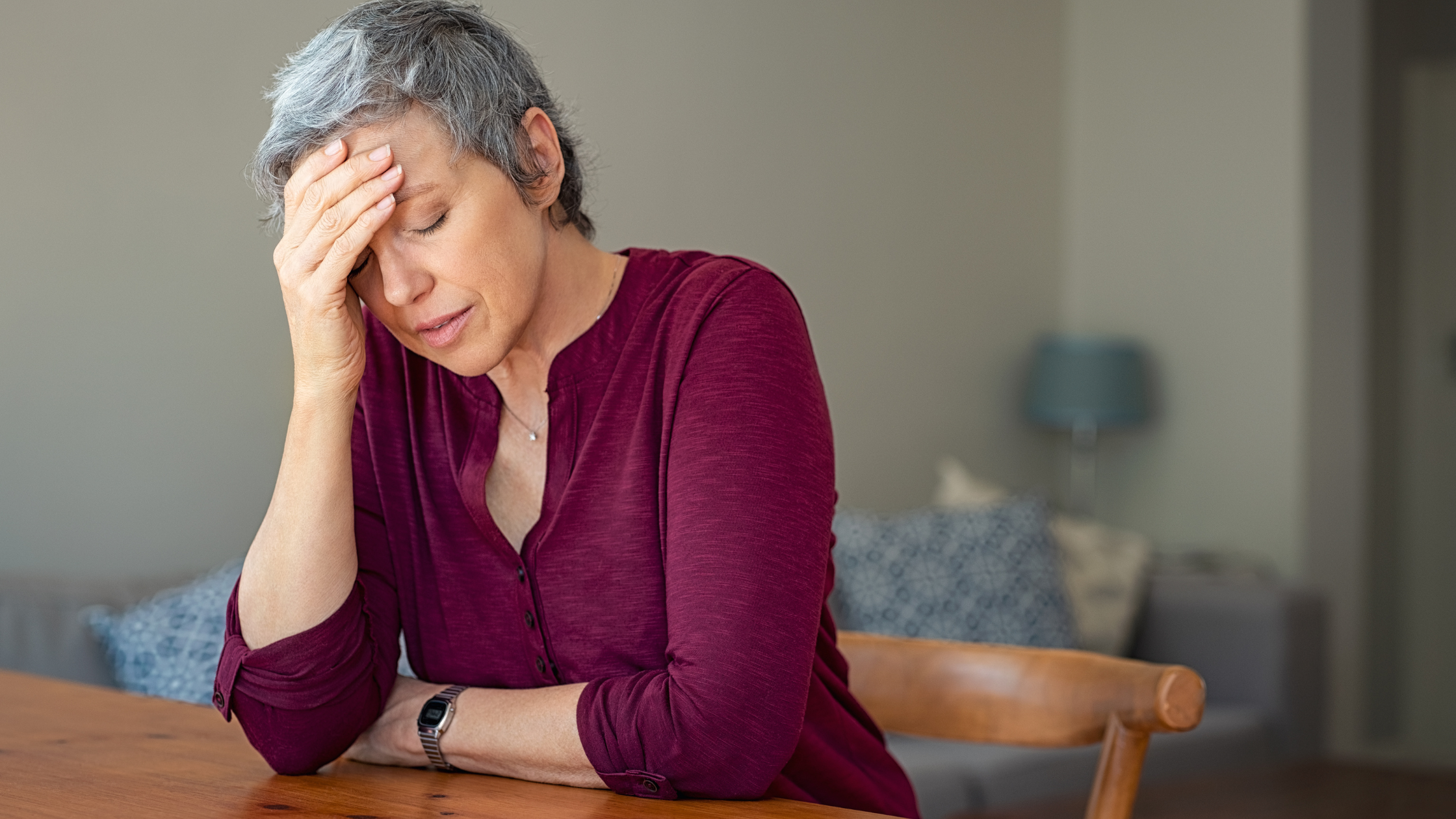
Approximately 79% of participants endorsed cannabis use as a means to alleviate symptoms associated with menopause. Among those, 67% reported that cannabis helped them manage sleep disturbances, while 46% found it beneficial for improving mood and reducing anxiety. The majority of participants said that smoking cannabis led to these outcomes, suggesting that inhaled cannabis is the most effective form of cannabis administration.
As such, using cannabis treatments may help address menopause-related symptoms and bring balance or homeostasis to the body as it experiences the symptoms of this period of life and health.
Explore Cannabis Medicine for Reproductive Health
While research is still being developed on the specific ways that cannabis can affect the specific issues within women’s and those with a uterus’ health, at Compassionate Clinics of America, we are excited about the research that is emerging that helps explain the effects of cannabis on women’s health.
If you live in Arizona, Arkansas, California, Connecticut, Delaware, Georgia, Illinois, Iowa, Louisiana, Maine, Maryland, Massachusetts, Michigan, Minnesota, Missouri, Montana, Nevada, New Jersey, New York, Ohio, Oklahoma, Pennsylvania, Texas, Utah, Vermont, Virginia, & West Virginia, and are experiencing difficult PMS symptoms, painful menstrual cramps, have a diagnosis for endometriosis or PCOS, and working through fertility issues, are pregnant, or are going through menopause, consider getting your medical cannabis card with Compassionate Clinics of America.
Stay tuned to our blog as we continue to release education on how cannabis is helping millions of people reimagine health and wellness.























